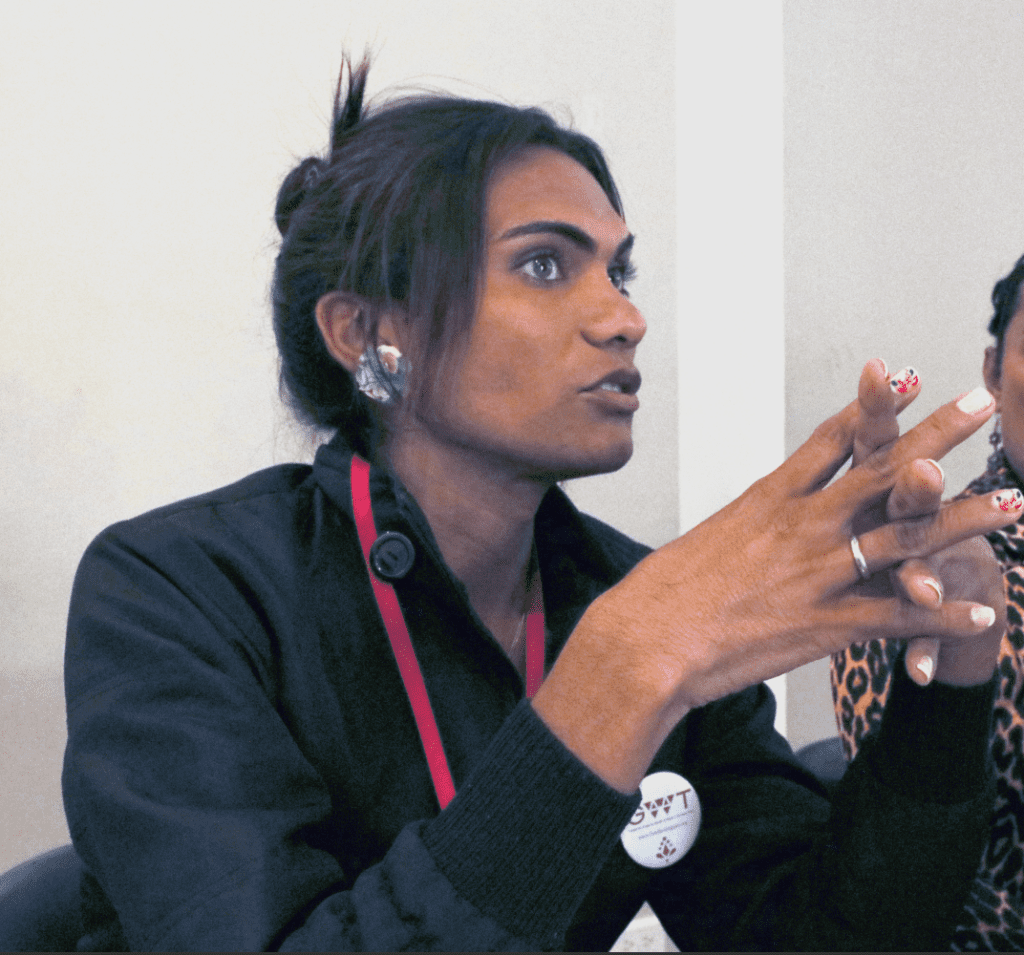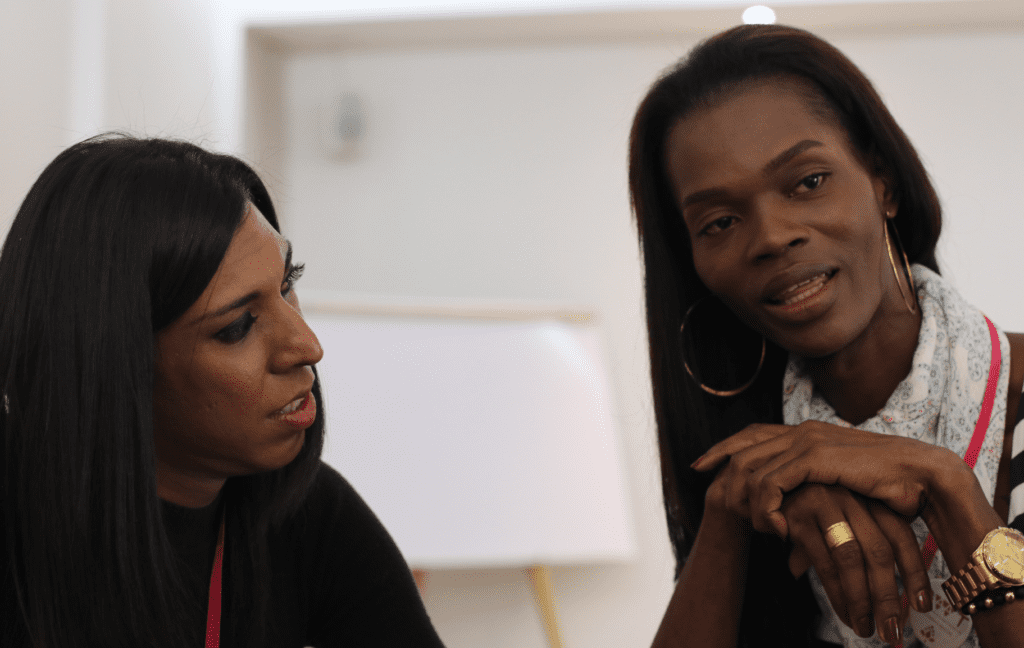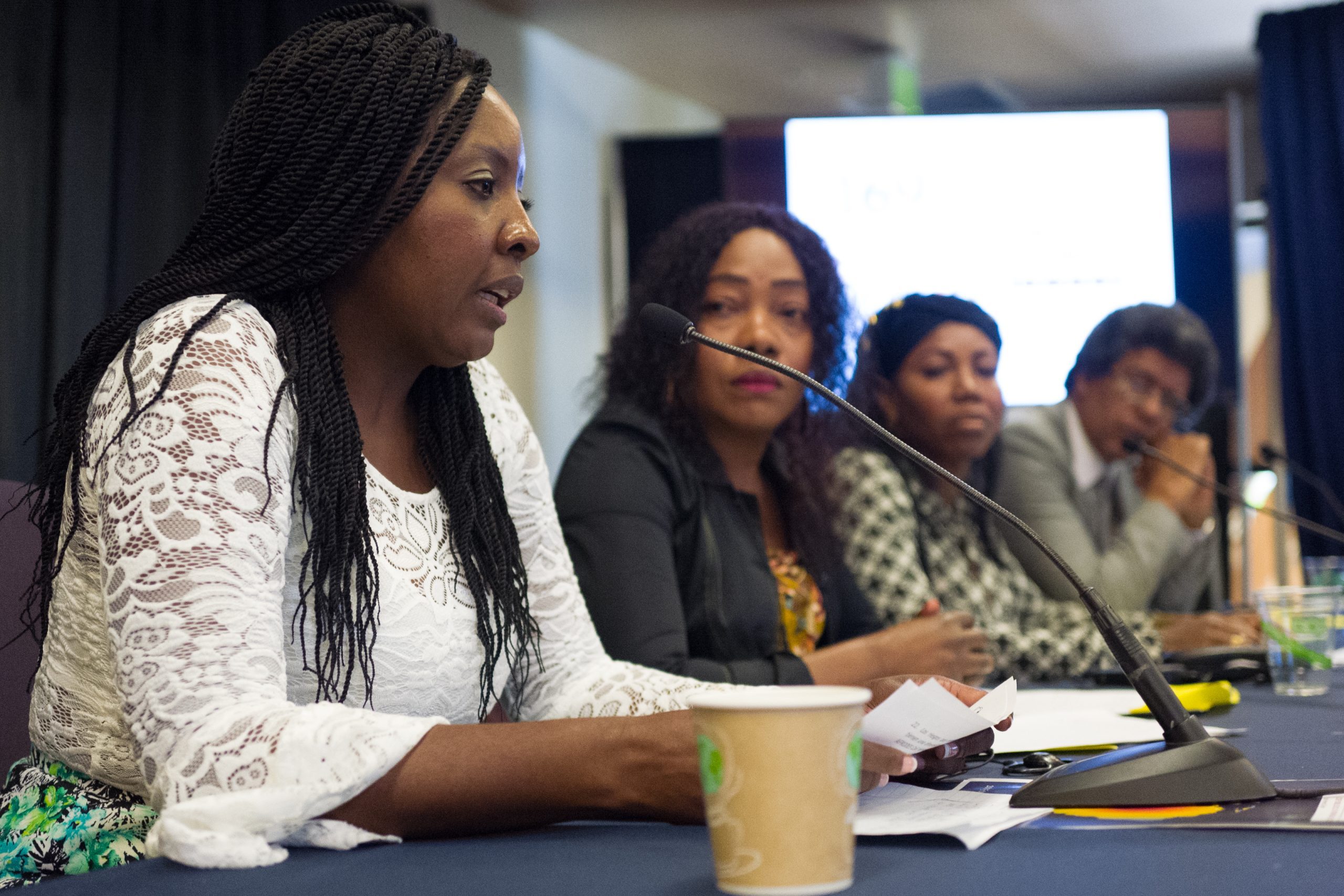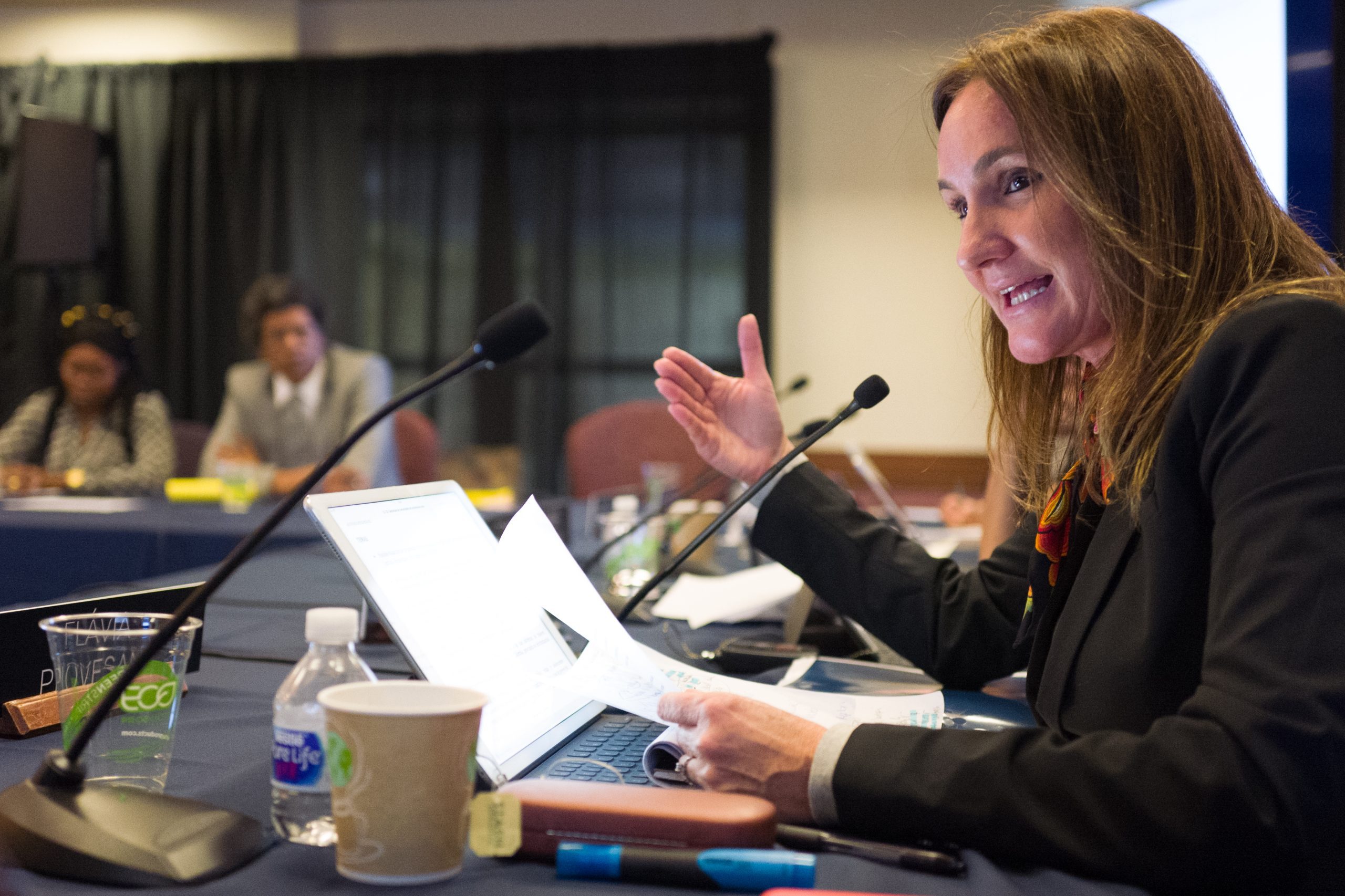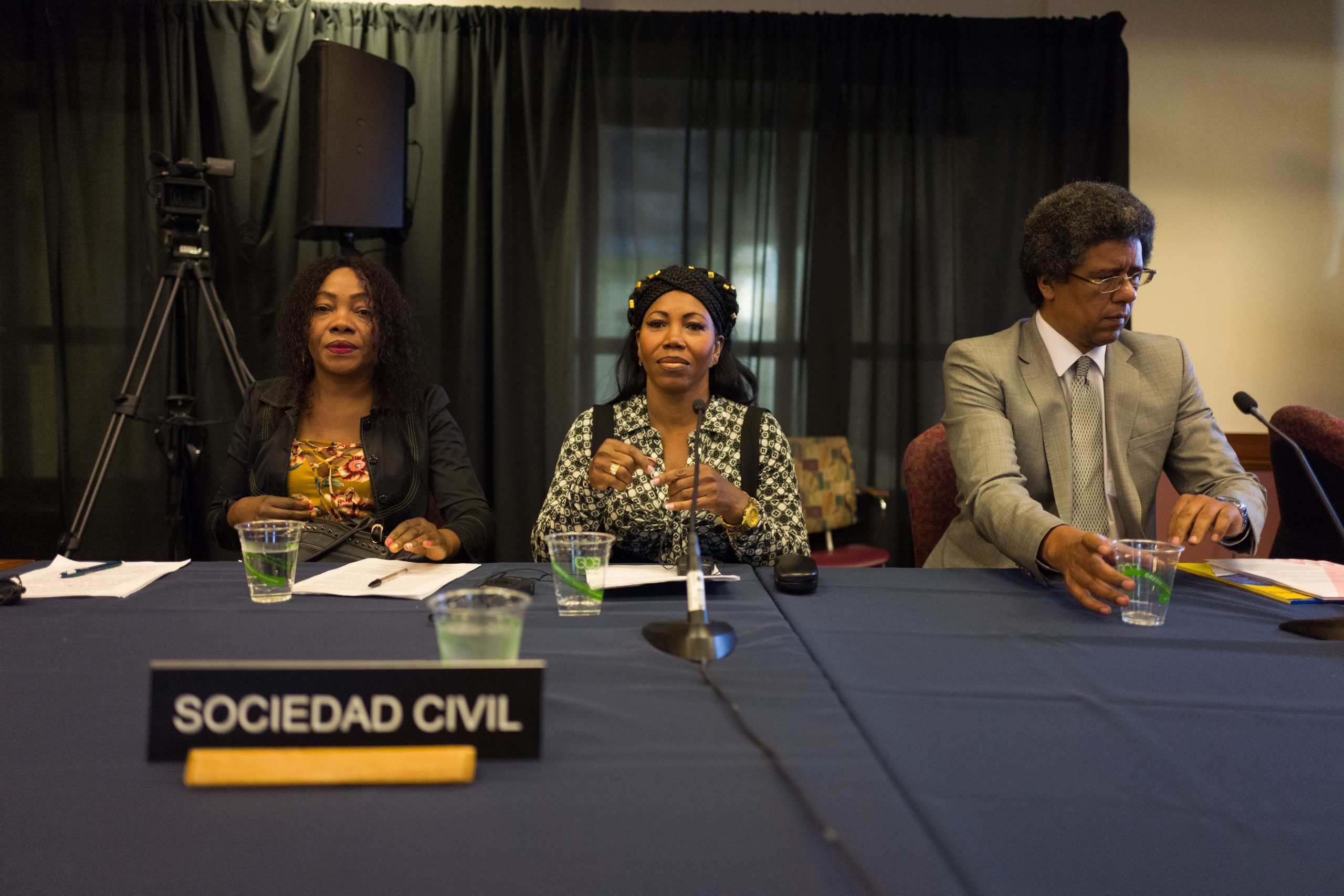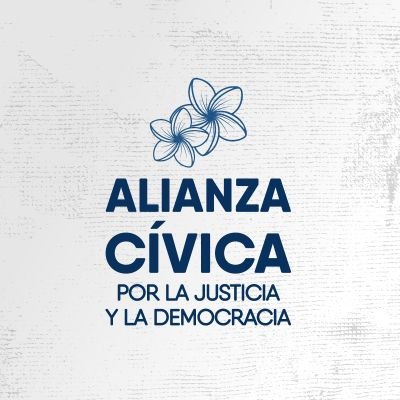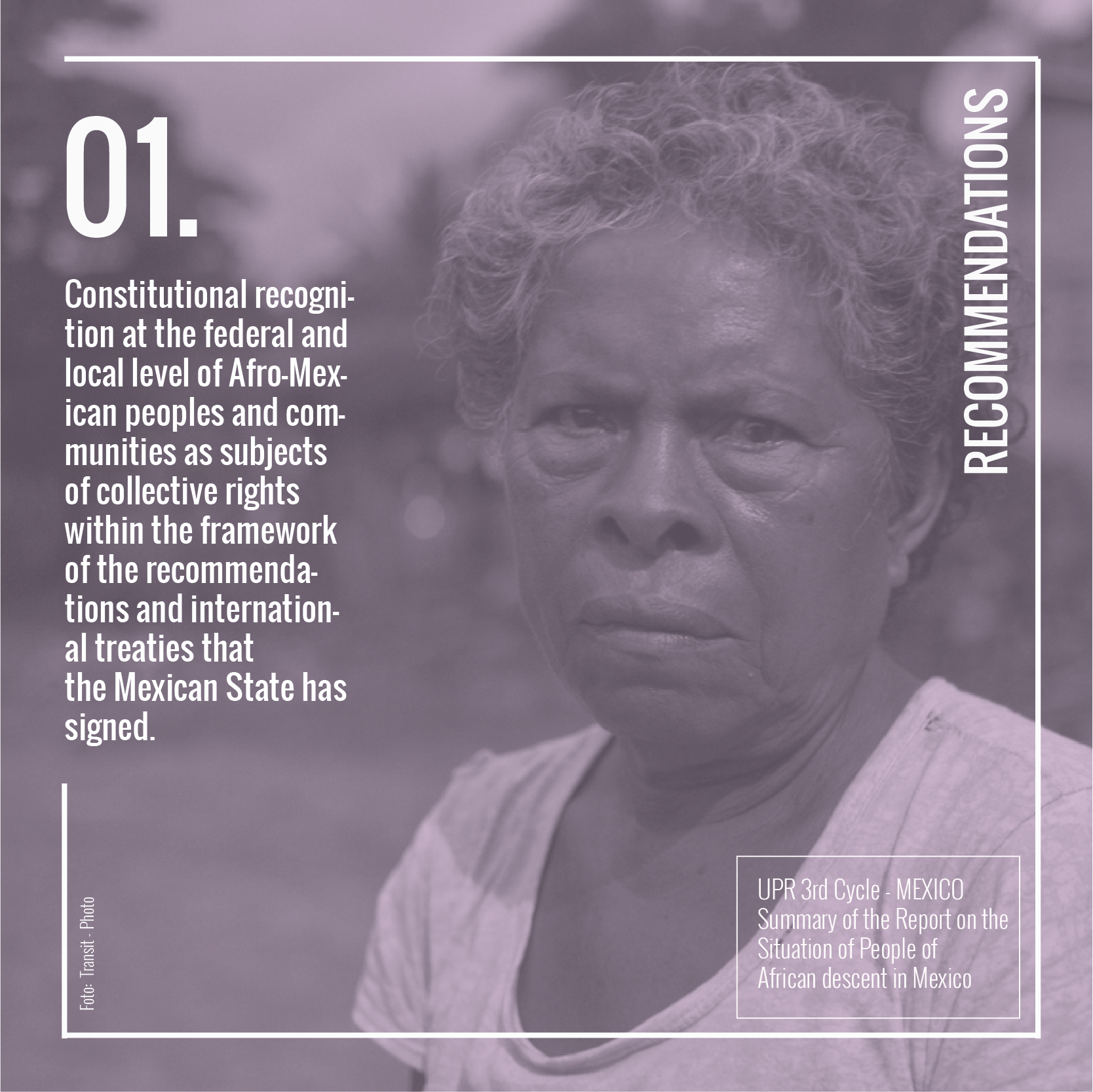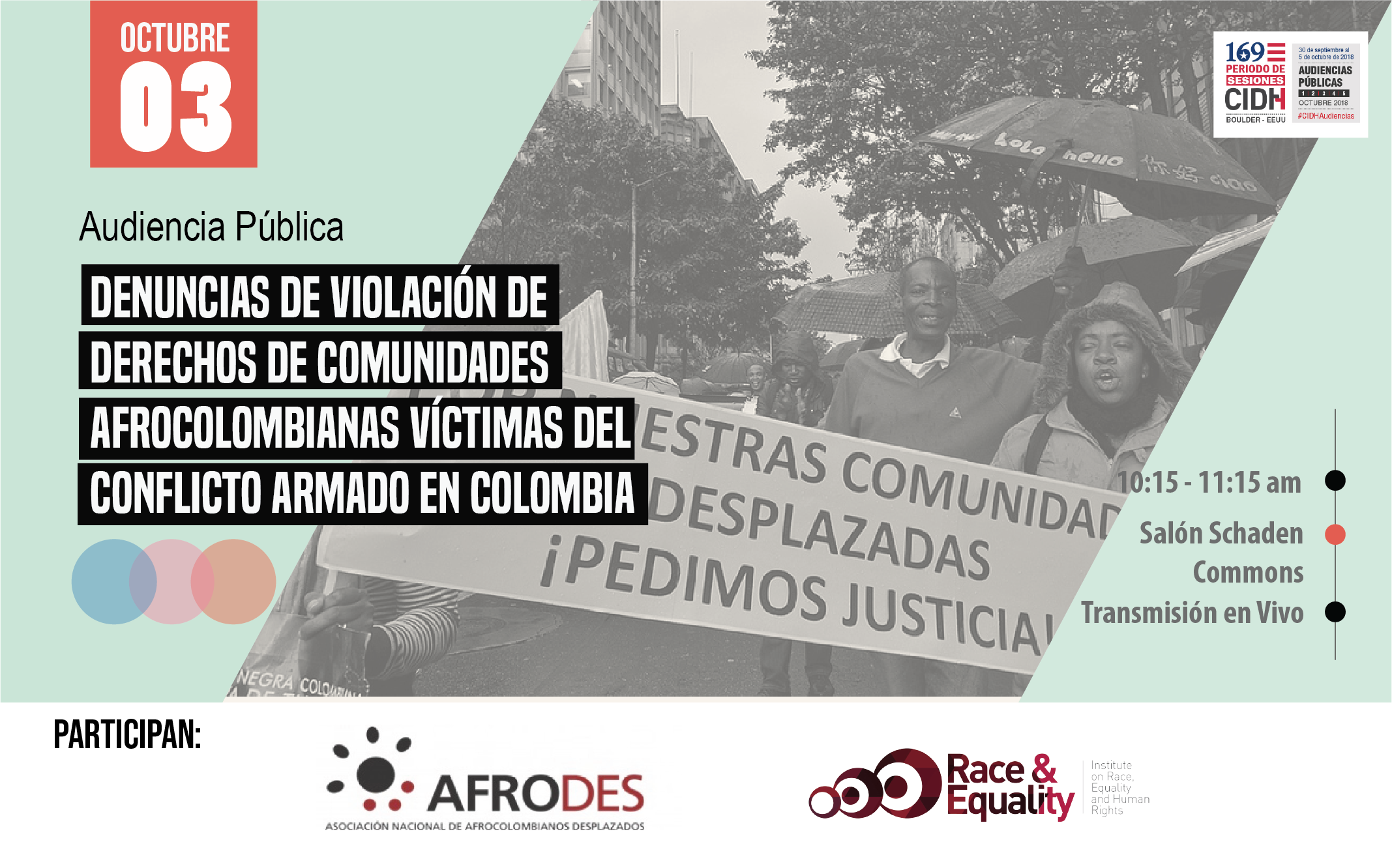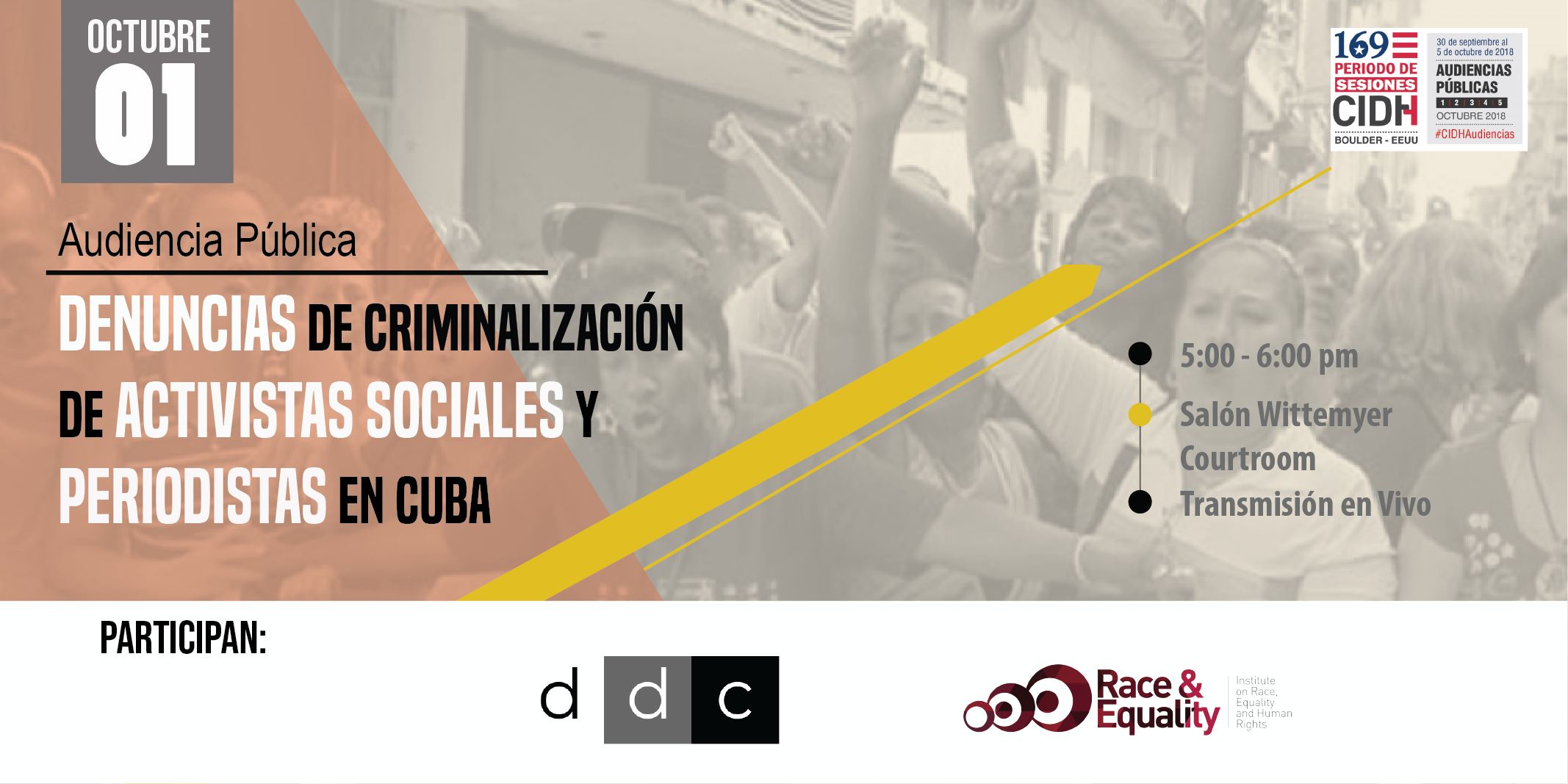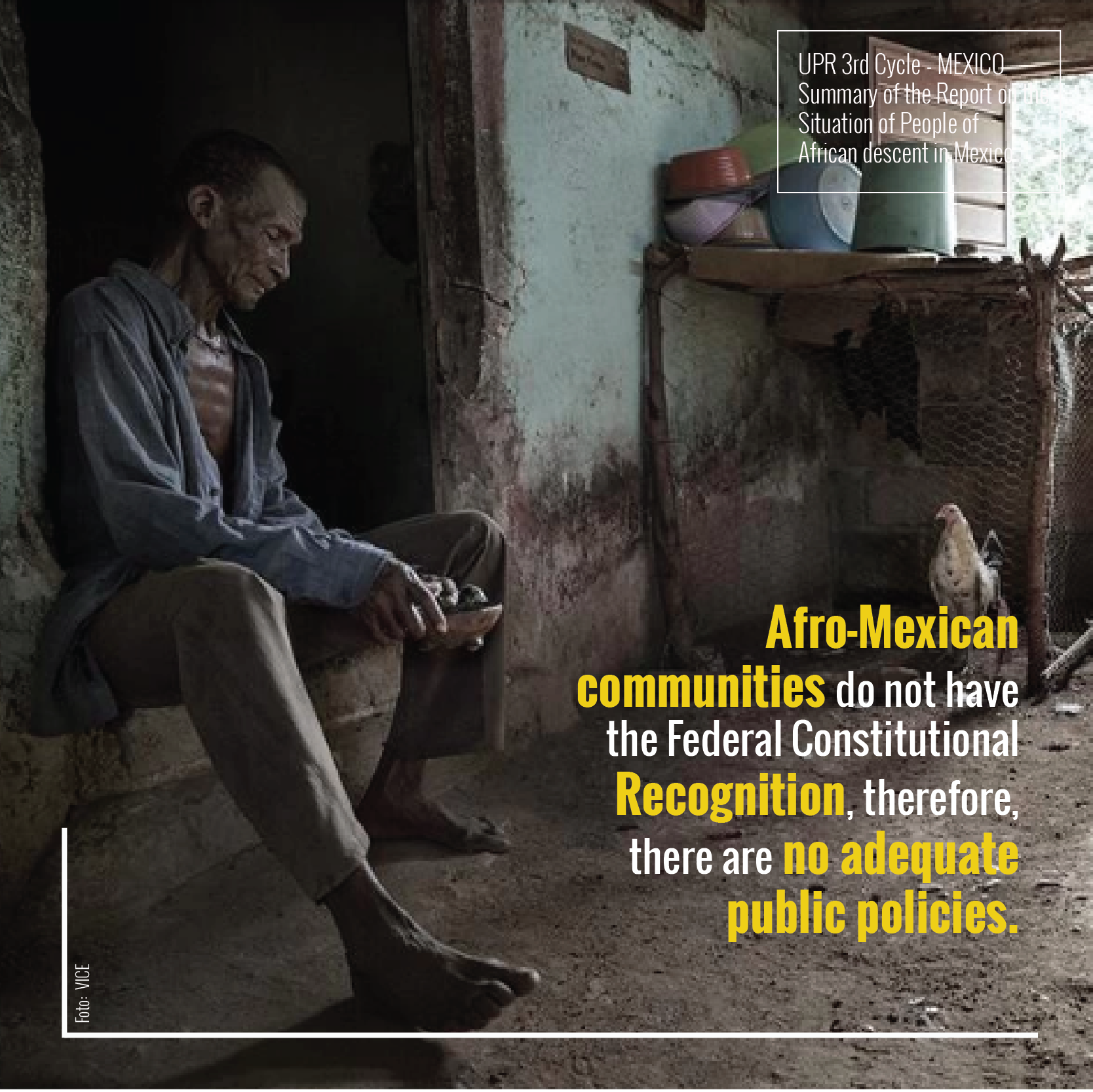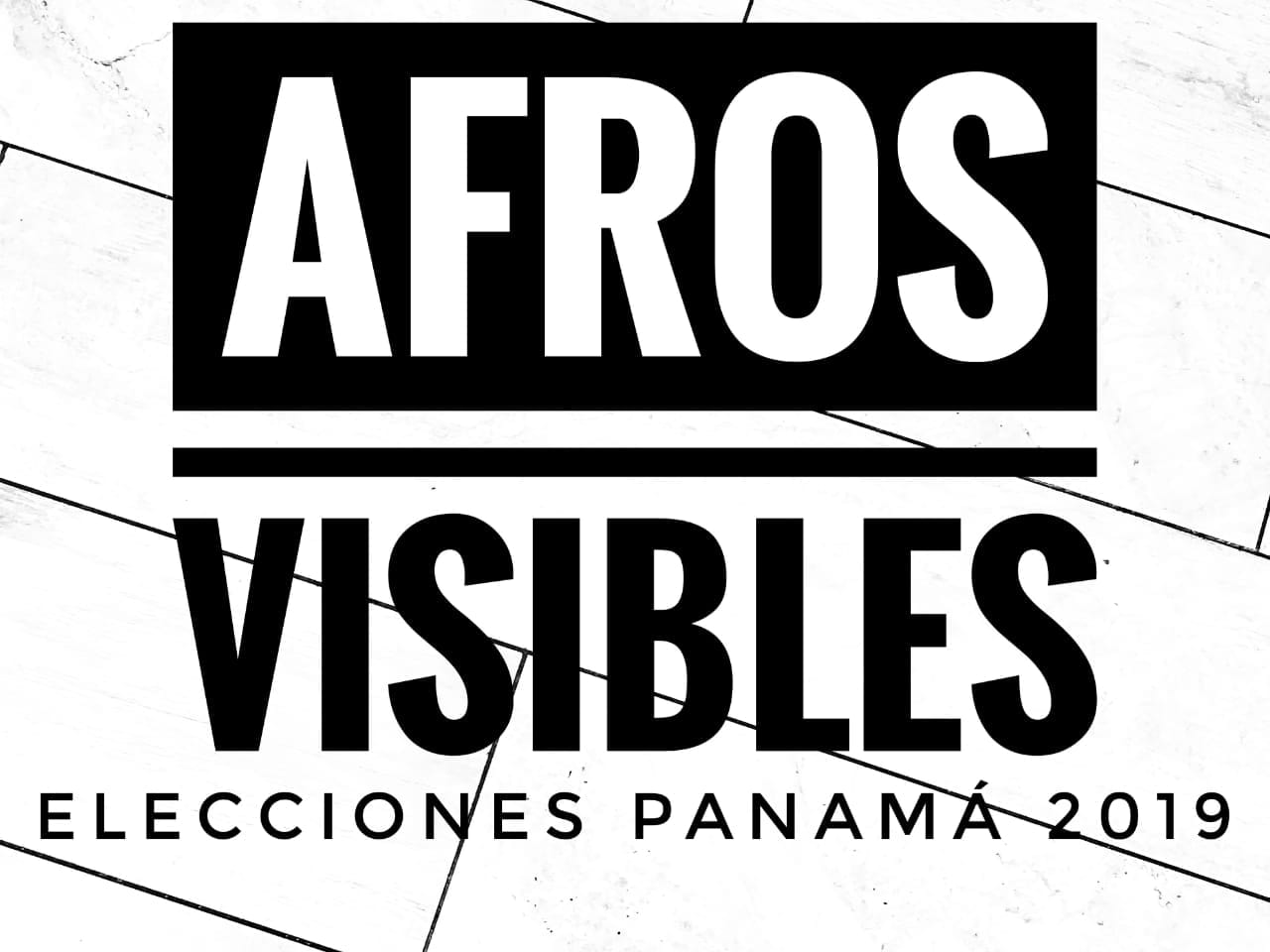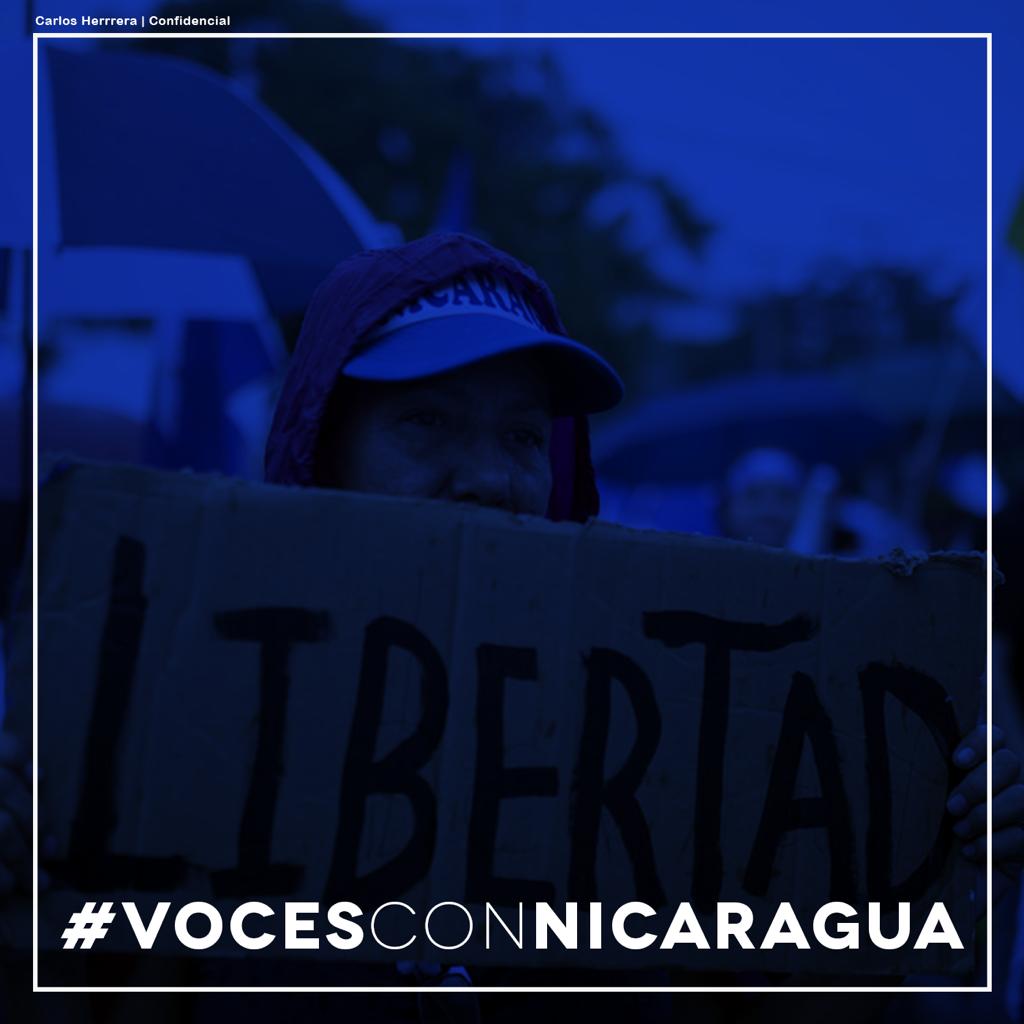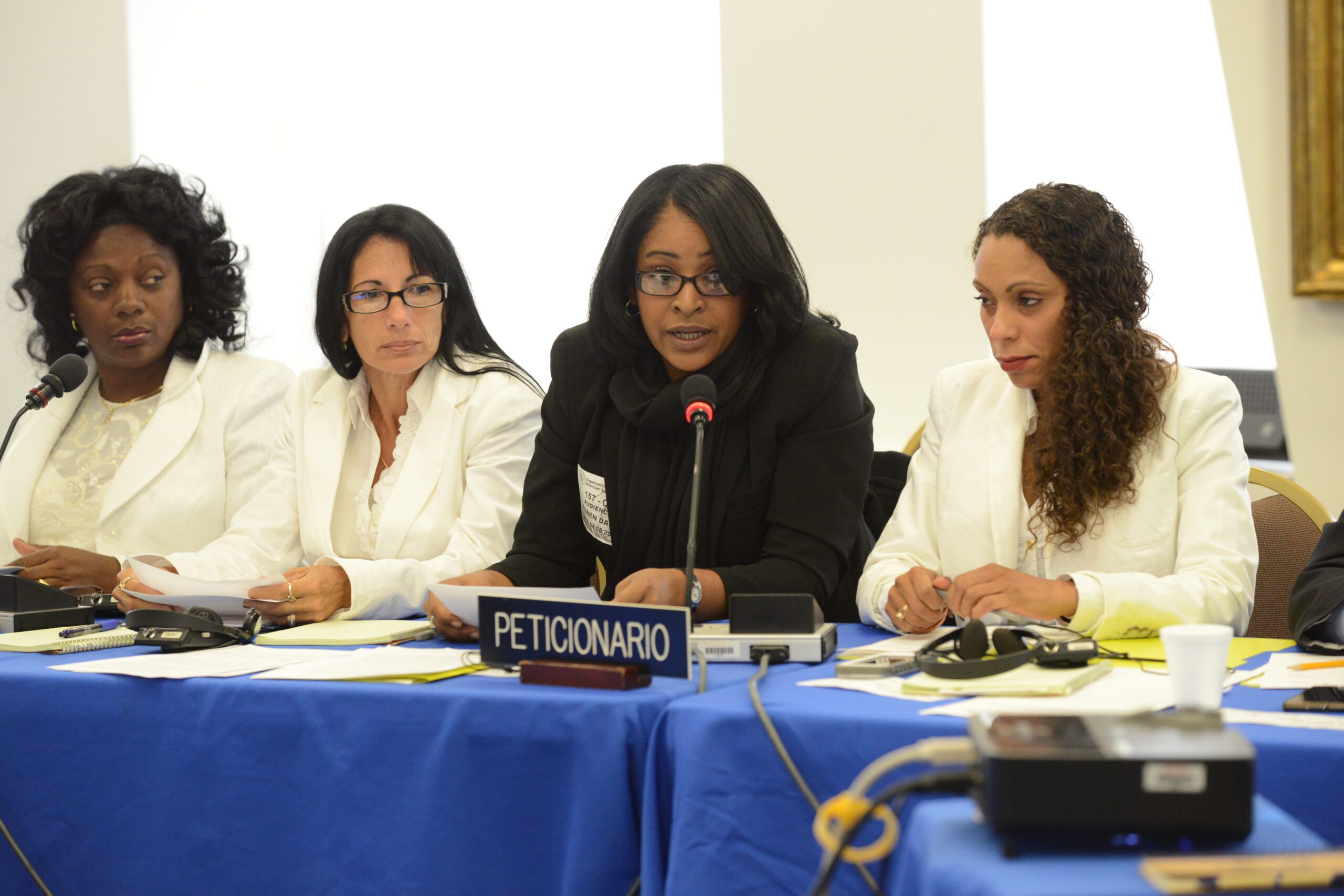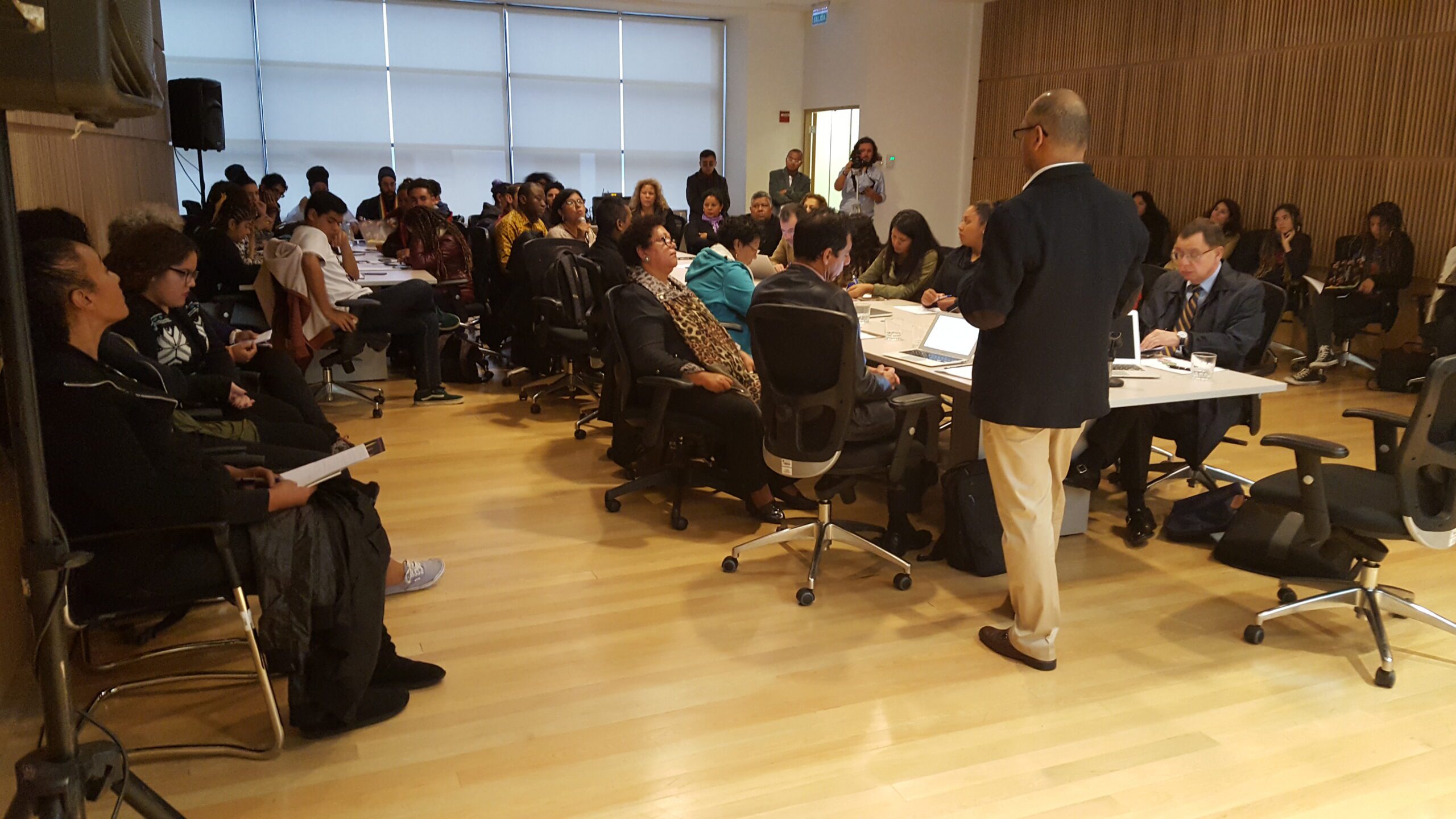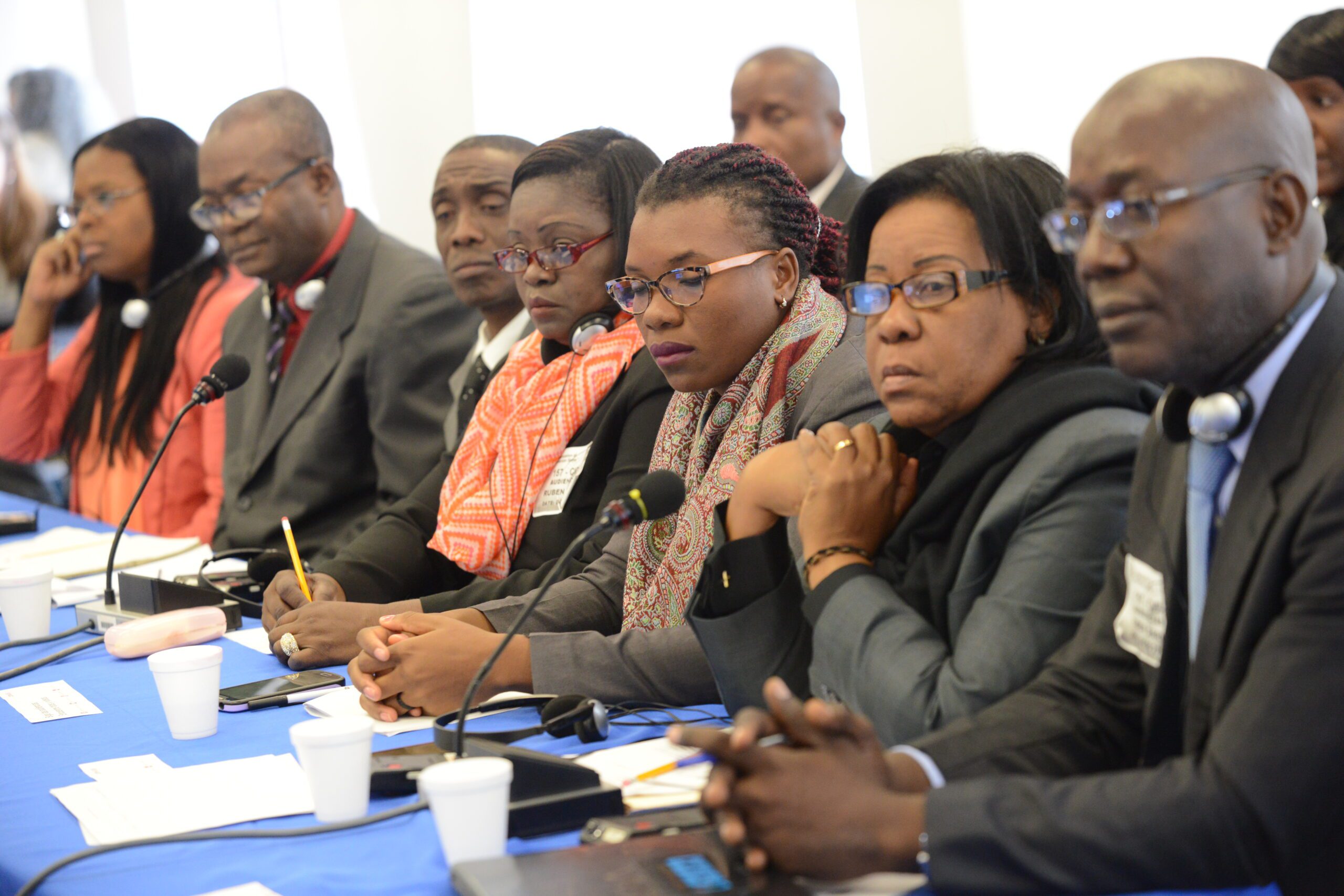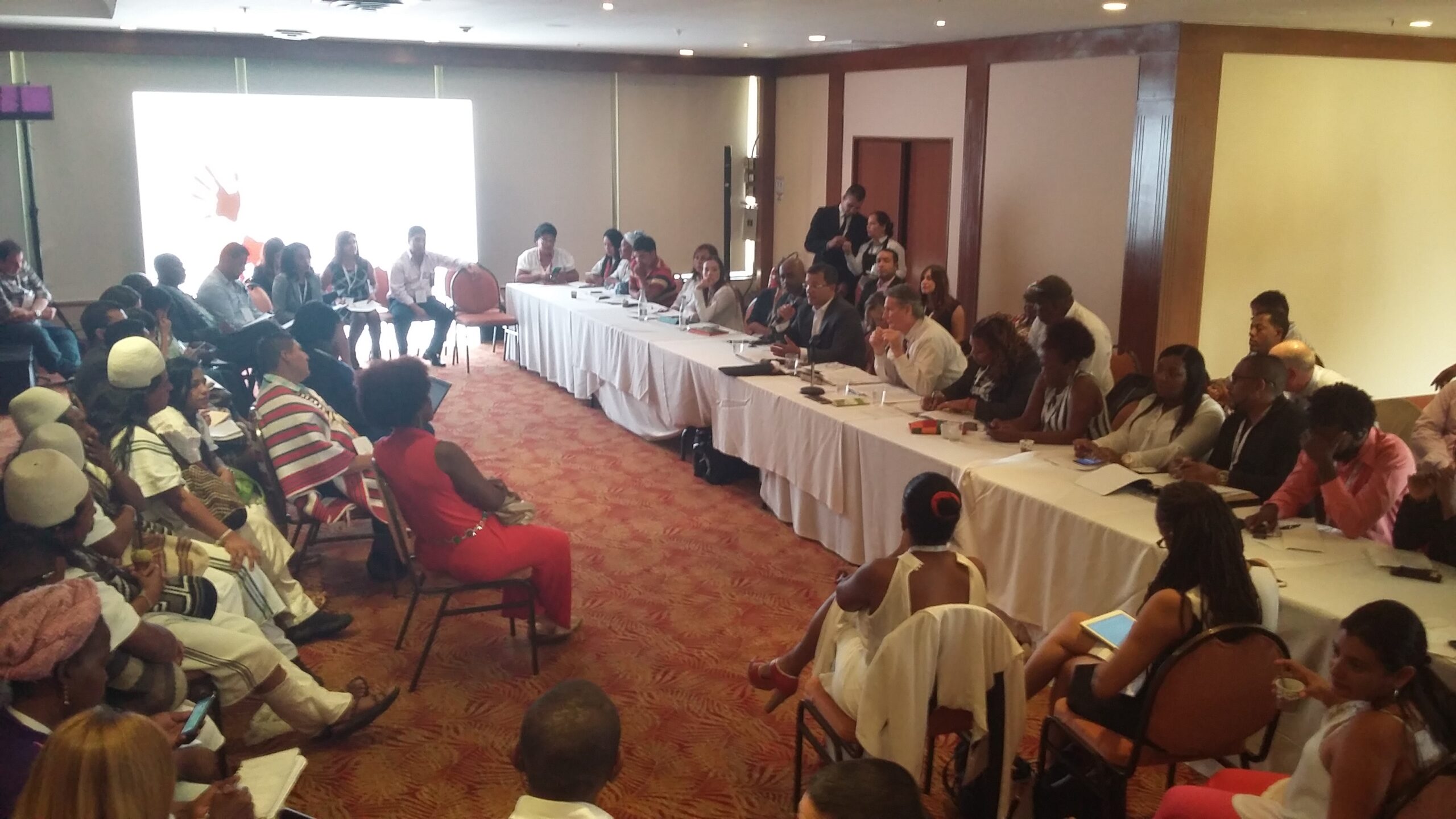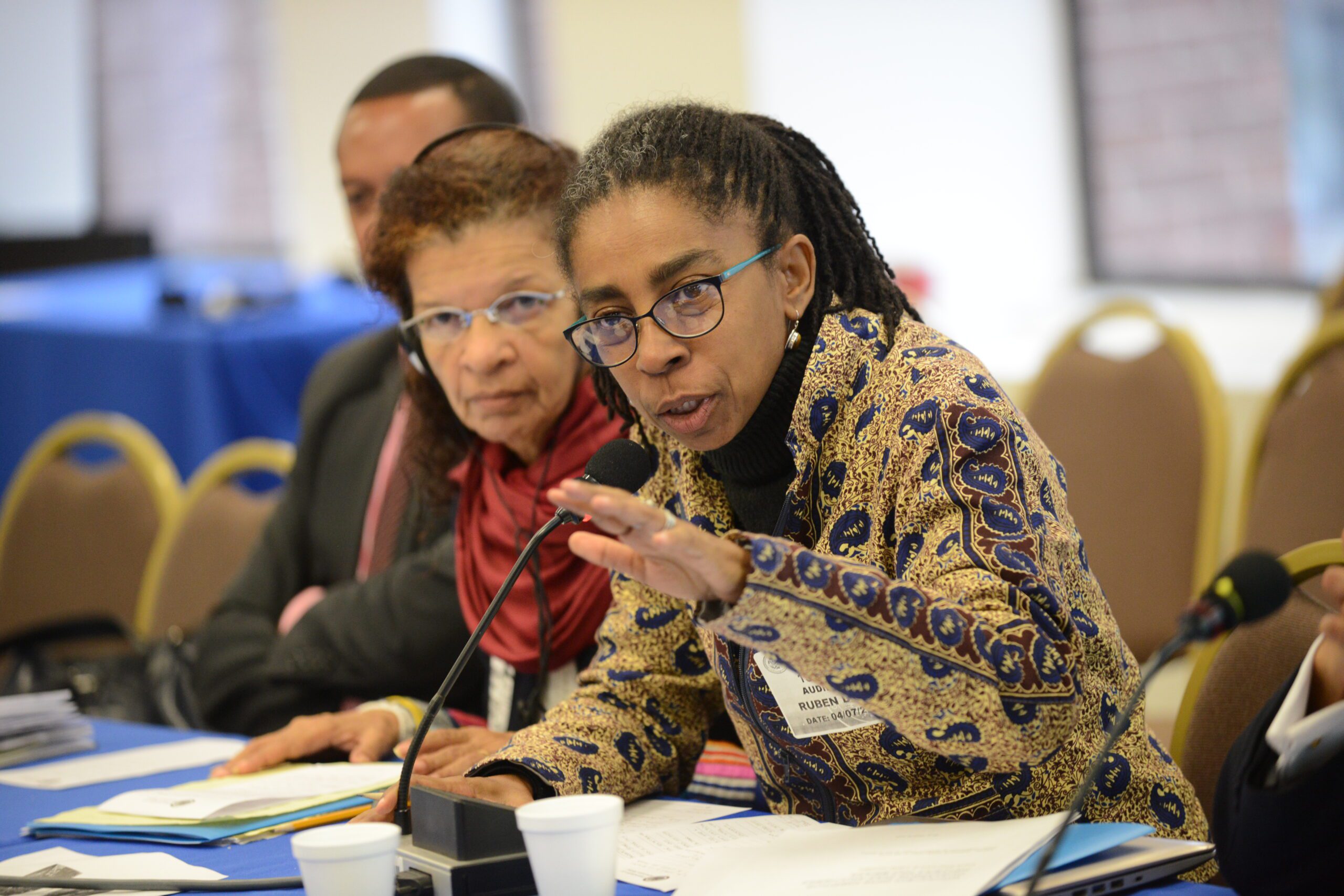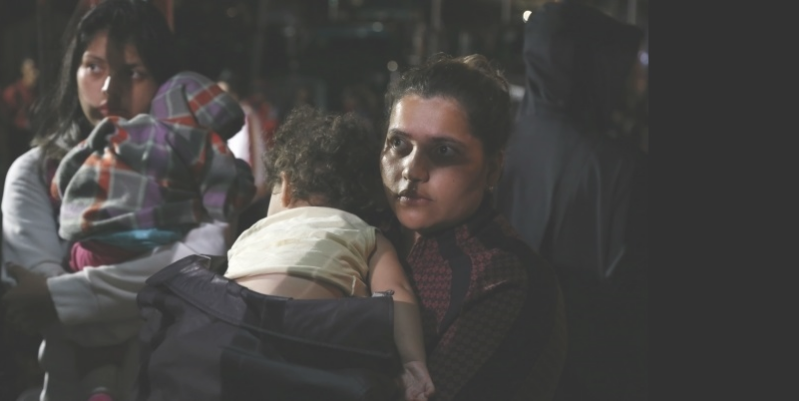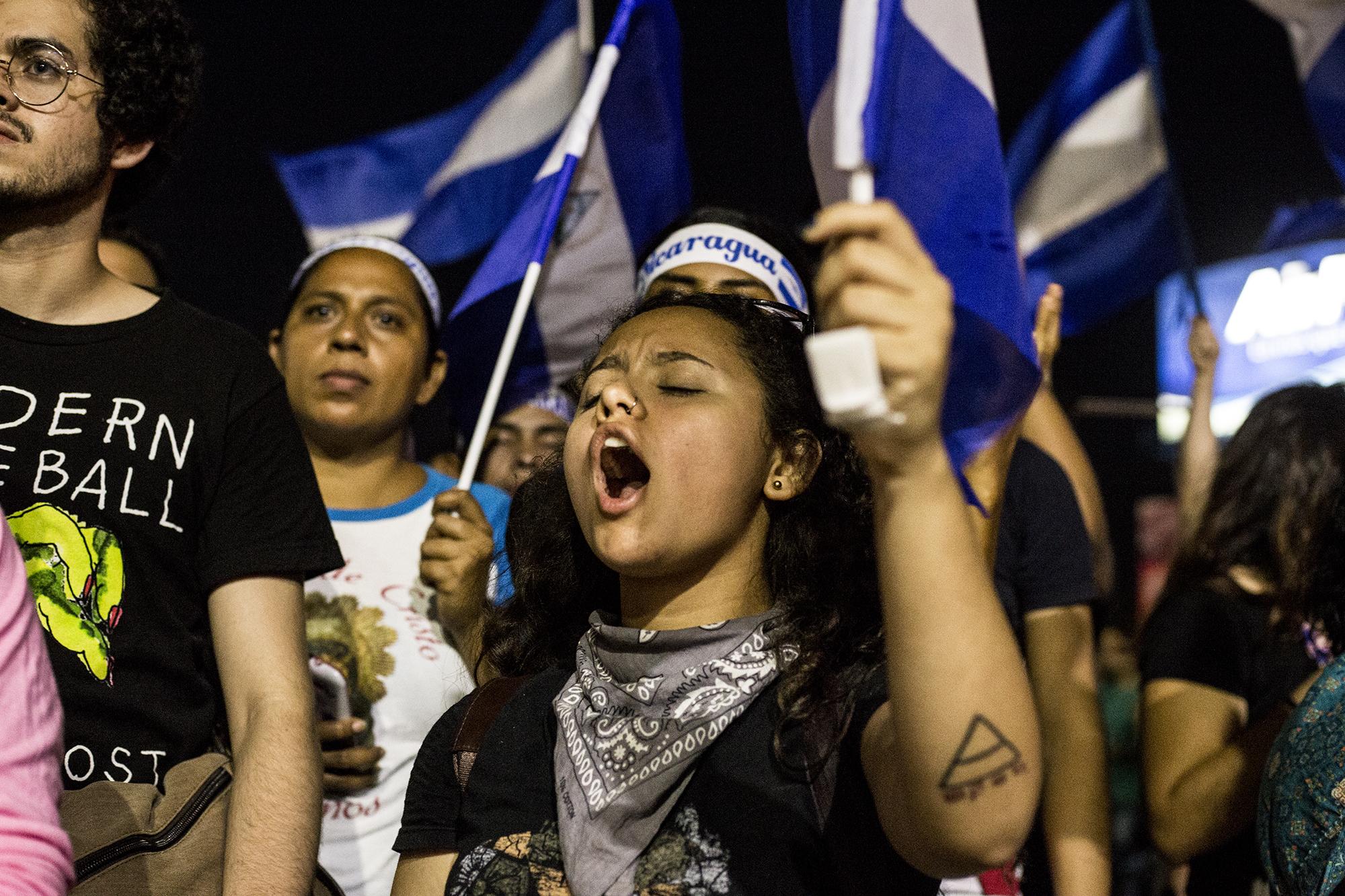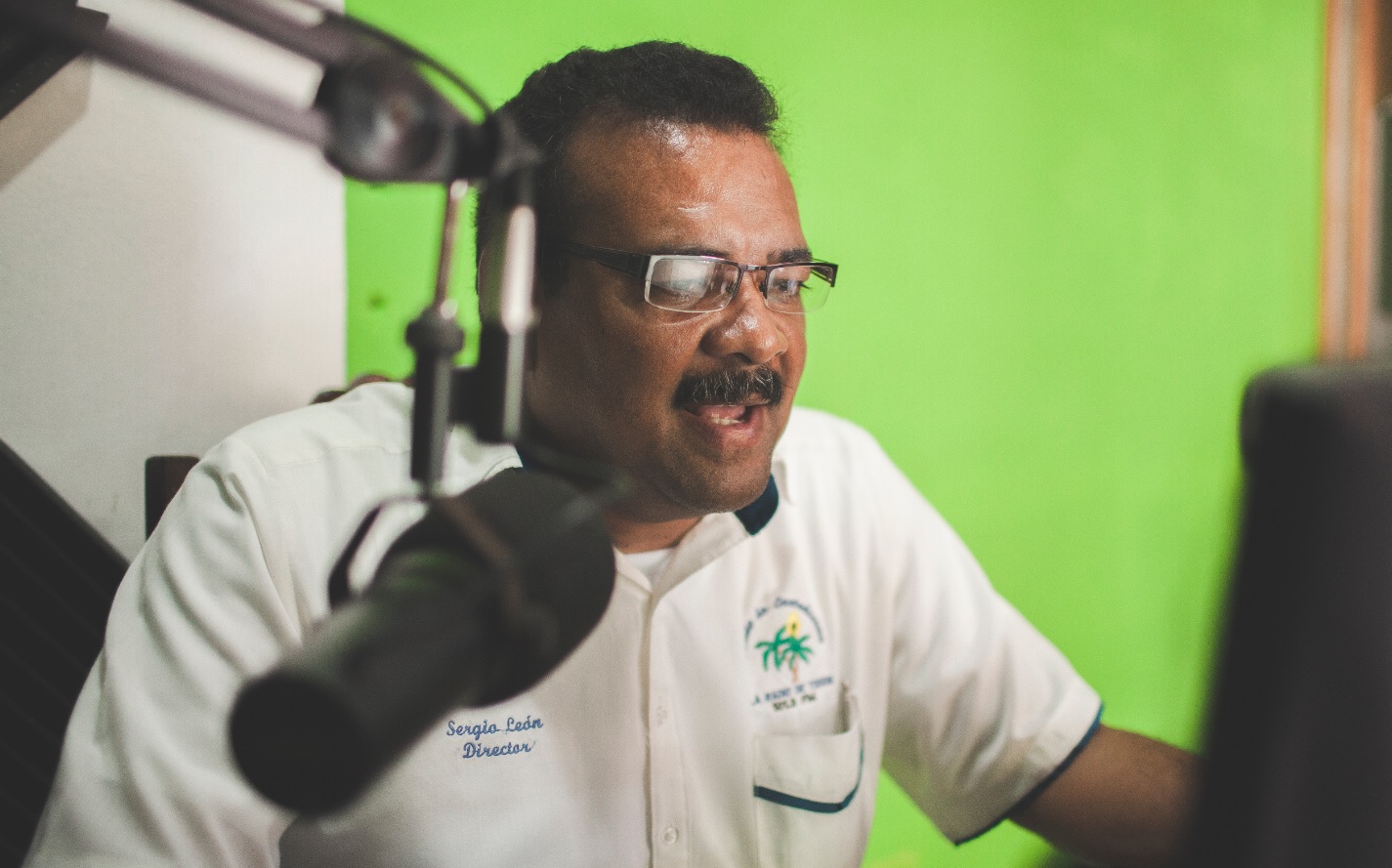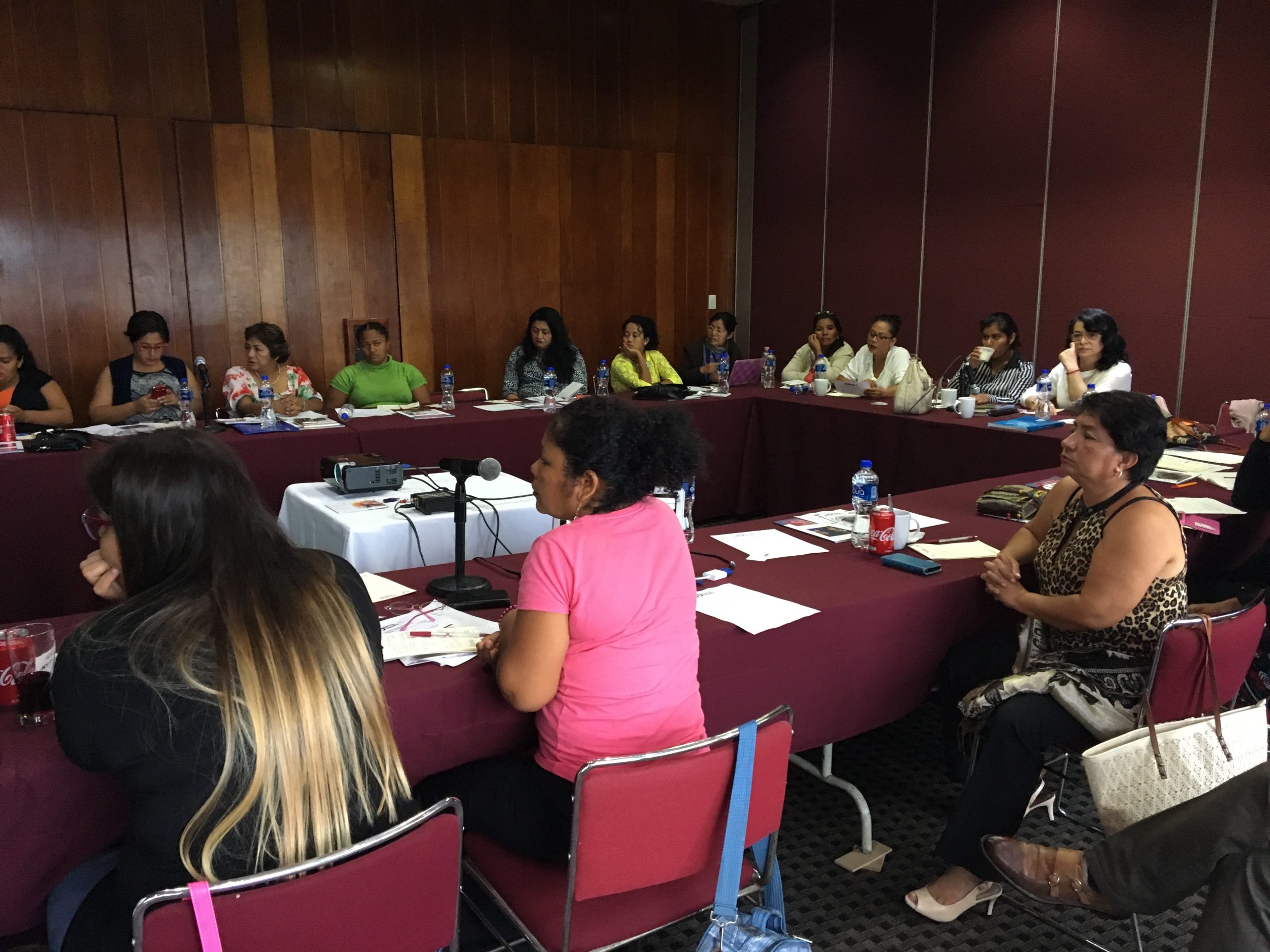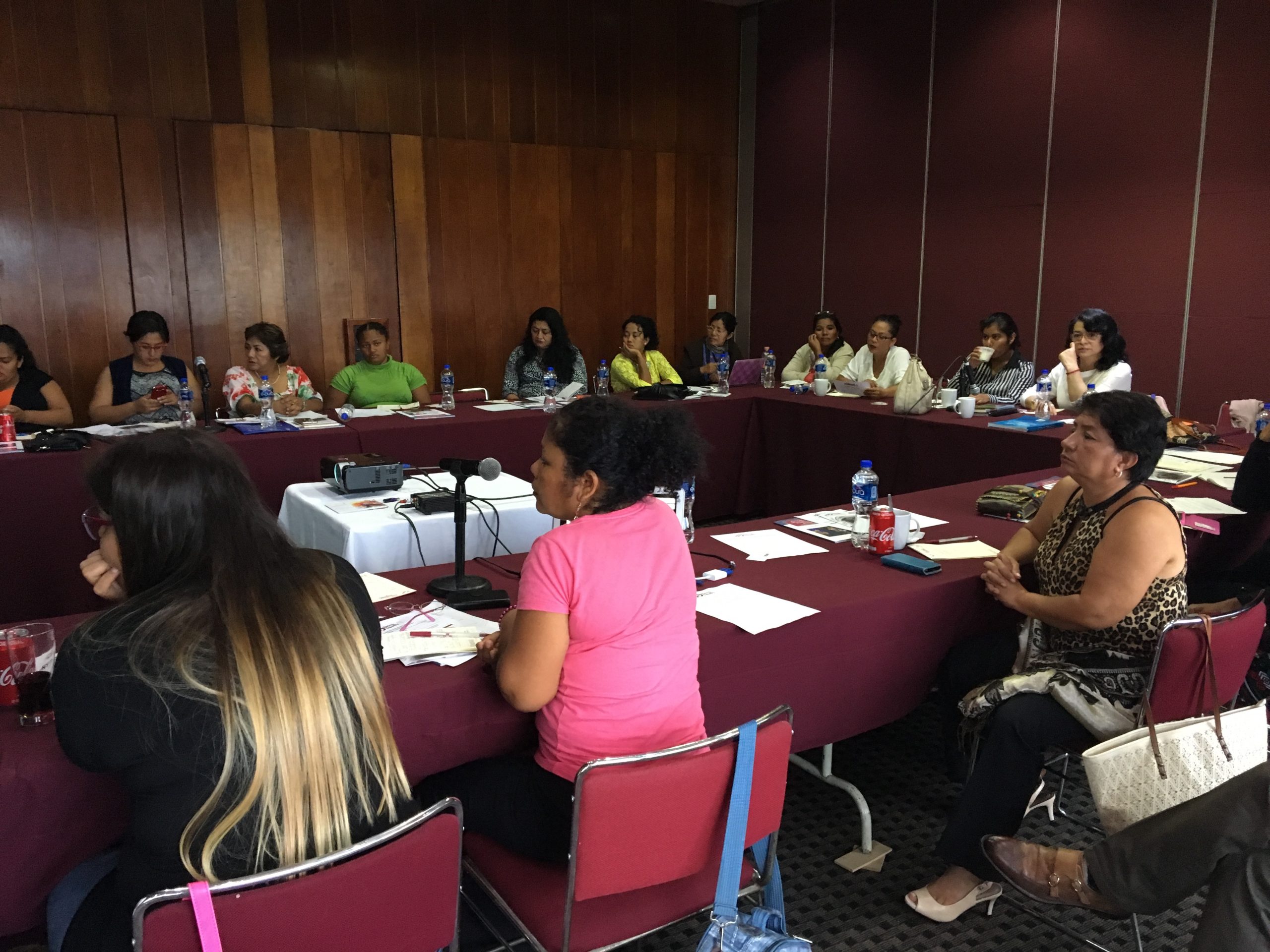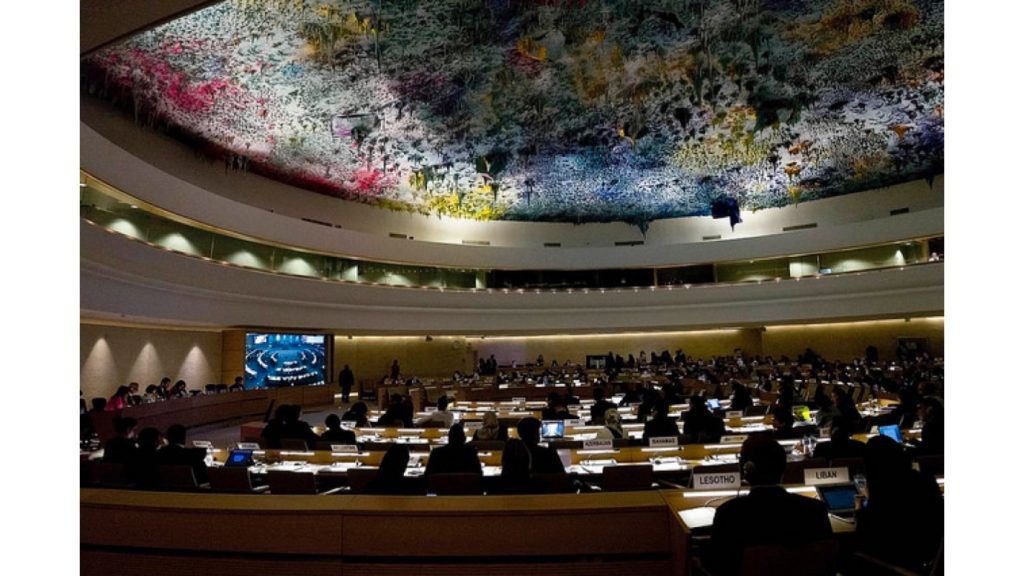The struggles of being Transgender and Afro-descendant in Colombia
The Trans Support and Action Group Foundation (GAAT, for its initials in Spanish), in partnership with ICASO, carried out the event “Transcending Barriers: Rights and full citizenship for people with experience of trans life” from the 16th to the 19th of September 2019. This event was attended by trans activists from eleven different regions of Colombia that met in Bogotá to discuss how their human rights are being guaranteed, what are the barriers they struggle with to access services, and how to create some strategies to overcome these challenges.
The event was also attended by five Afro-descendant activists with diverse sexual orientations and gender identities -four trans women and a non-binary person- from the departments of Tolima, Valle del Cauca, Atlántico, Chocó and the municipality of Montes de María; who addressed their reflections from the experiences that frame their reality as Afro-trans people living in Colombia.
Among the comments highlighted by the activists was the latent discrimination they live with in their territories, generated by barriers to access to different rights such as health, education, and work.
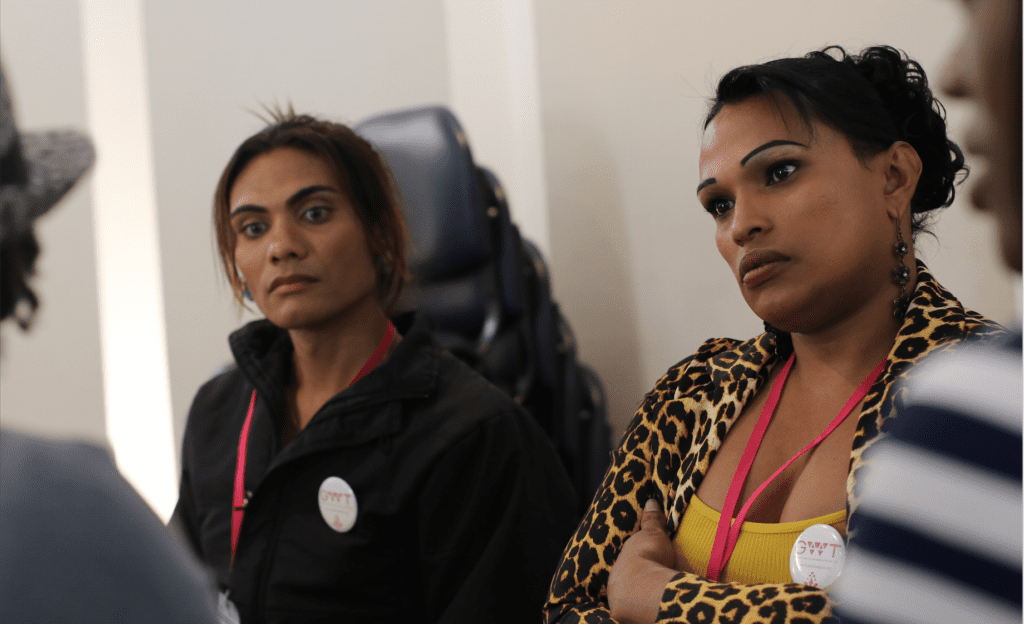
“… the Constitutional Court ruled that trans people who wanted legal recognition of their gender identity in their EPS could do it, and this issue is still a complication in the territory…” Afro-trans Chocó activist.
“… In hospitals as elsewhere, there is not yet a focus on differential care for trans men and trans women. So, that makes (going to) the doctor a complete torture, […] the treatments that one can already follow, but then they give you a lot of obstacles and paperwork, and in such a way that finally you get tired and don’t go to receive your hormones, or go to the doctor at all… ” Afro trans non-binary activist from Valle del Cauca.
The activists also denounced teachers and classmates who use strong dynamics of discrimination in educational spaces; in addition, they stated that there are policies that deny the gender identity of diverse people, because authorities refuse to issue official documents with the identifying names of those people.
Regarding the guarantees of access to work, the leaders expressed that there are no labor inclusion policies for trans people, therefore, they are not even interviewed for the positions they aspire to have, or there are more requirements imposed on them – such as the completion of multiple courses – to delay their applications.
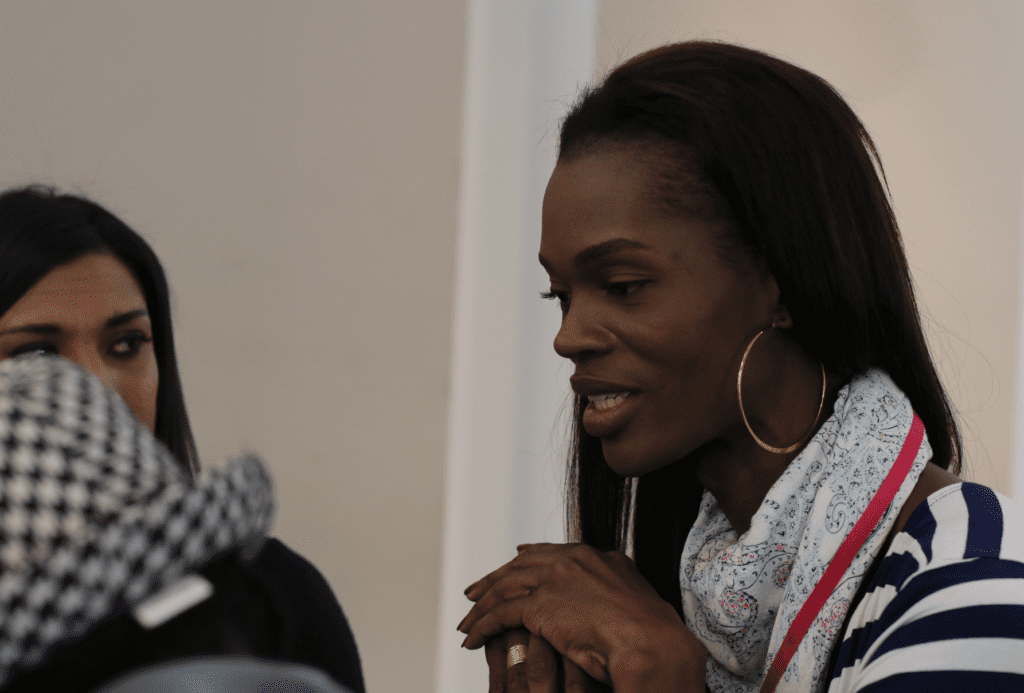
“… Work for transgender people in my municipality is very scarce. It is something sad, because there we talk about labor inclusion [but] a trans girl […] just for having her male name on her ID, is called by her masculine name, not by her identifying name […] When [whoever is in charge of the job interview] enters, [says] ‘what a shame, the interview cannot be done because you appear under another name’.” Afro trans activist from Montes de María.
“Our race is also a cause of violence and a factor that generates new dynamics of discrimination and marginality,” said one of the Afro-trans activists, referring to the differentiated violence that Afro-descendant women face in comparison to the rest of the population classified as “mestizo white.” Accordingly, the leaders referred to a social and state discourse that denies the existence of racism and systems of structural discrimination by pointing out that racism has diminished or does not exist. This creates an invisibility of their identities in official statistics.
“… In the prosecutor’s office or in any other entity, they do not take the time to ask one how one identifies oneself […] I realized this through a process that I took to the prosecutor’s office […] I had the right to say that I am an Afro-descendant trans person. I went to the official, I approached and told him. [He replied:] ‘But you have to understand that everyone is recognized as white or mestizo. There is no Afro.’” Afro trans activist from Montes de María
Structural racism is also illustrated by the stratification of the territories, where Afro people inhabit the poorest areas, and those who have a better standard of living do so through a lot of work or association with mestizo white people. Because of this situation, there is a lack of the guarantee of rights in places predominantly inhabited by Afro people. In turn, this barrier is accentuated when Afro people also have diverse sexual orientations or gender identities because their violence becomes more complex.
“We could say that you have to take sides, or defend yourself as an afro person, or defend yourself as a diverse person, but not both, impossible, that would be death”. Afro trans activist from the Caribbean.
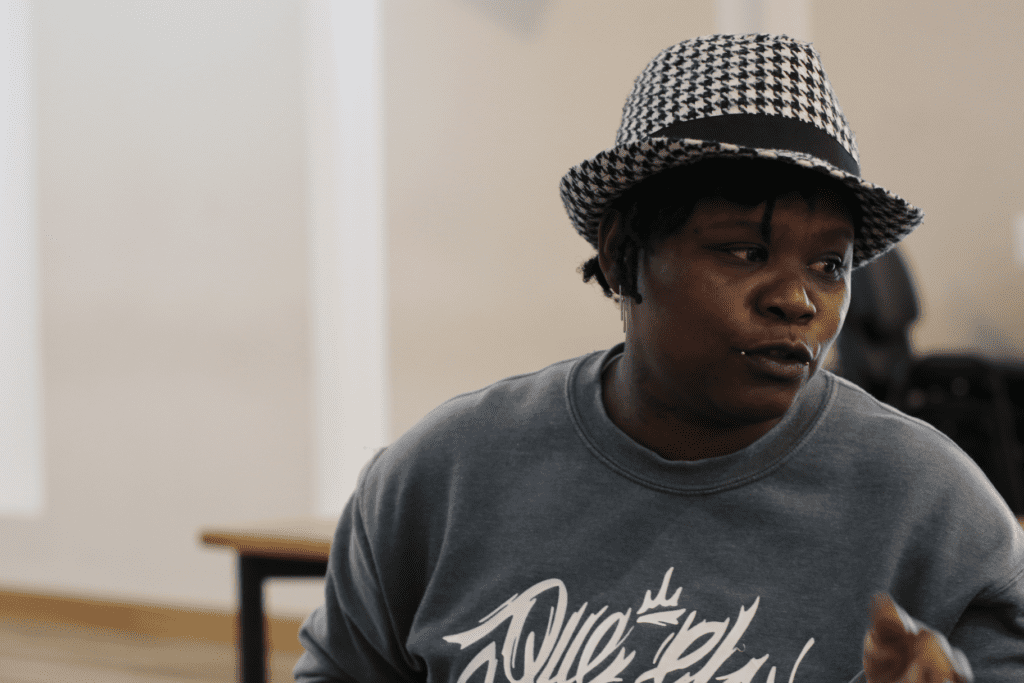
Systematic forms of psychological violence and discrimination in the territories are other situations that, according to the stories told by the leaders, violate the integrity and rights of Afro-trans people. “Generally, the first thing that is affected is self-esteem, because to understand that they begin to look at you first, to judge you without even knowing you, sometimes simply because of your skin color, that is brutal. And the other thing is that […] you have your hair and you have your afro, and they come to want to touch your hair without asking, that is already violent because they are invading your space and they don’t even ask,” details non-binary Afro trans leader from Valle del Cauca.
Finally, within their own family, or even in spaces shared with LGBTI people, their ideas are not validated by their peers in the same way as the ideas of their white mestizo companions and counterparts.
“If you are black, it is a proposal, but if you are white, the proposal is validated.” GAAT Executive Director.
Given the various structural problems that undermine and deepen the circles of poverty, racism, discrimination, and marginalization of Afro people with diverse sexual identities and orientations, activists pointed out the importance of creating spaces in the territories that reinforce the ideas of family building, outside the “traditional-conventional” biological form that reduces the construction of the family bond to the consanguinity traits of family members. In addition, they proposed the creation of policies for access to health, work and education for trans people.
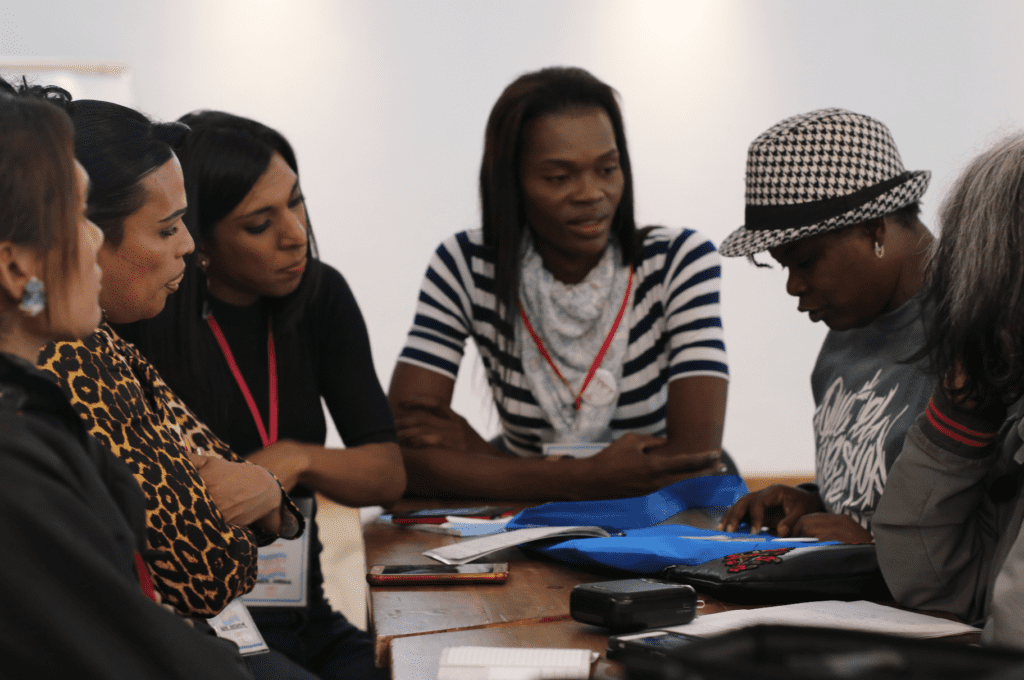
At the same time, they pointed out that the State institutions require pedagogies and trainings regarding the Afro-trans issues with a territorial focus. “These activities must be directed by people who are empathic with the issue in order to create much deeper discussions and lessons,” stressed the activists. They also said that it is important that there is greater empowerment of new Afro-trans leaderships, and pointed out relevant ways that social organizations should strive to create greater spaces of inclusion for Afro people who understand first-hand the specific complexity of their daily lives in the territories.
The Institute on Race, Equality and Human Rights (Race and Equality) was invited by GAAT to hold a short workshop during the afternoon of September 16th. This invitation was motivated by the need found by the executive direction of the organization to incorporate the relationship and intersection of gender identity with ethnic-racial belonging into the agendas, activisms, and work with communities. The workshop was composed of a brief reference to the existence and activities carried out by the Afro-LGBTI Network of Latin America and the Caribbean, as well as a series of findings from documentary reviews made by the member organizations of the Network. Thus, we deepened the need for the incorporation of intersectional approaches in trans activism, referring to situations in which structural racism, together with the dynamics of prejudice against LGBTI people, increase the vulnerability of people who find themselves mostly in contexts of poverty and without protection from the State.
At Race and Equality, we celebrate the completion of these types of conferences in which our counterparts can establish working relationships, as well as expand their relationships, with activisms that work tirelessly for the defense of transgender rights. . We also highlight the growing interest and commitment in the visibility and social and political impact of the rights situation for Afro-LGBTI people. We believe that this type of interaction is essential for new human rights activists and organizations present in the different regions of Colombia to start creating intersectional analysis efforts from their own agendas.

